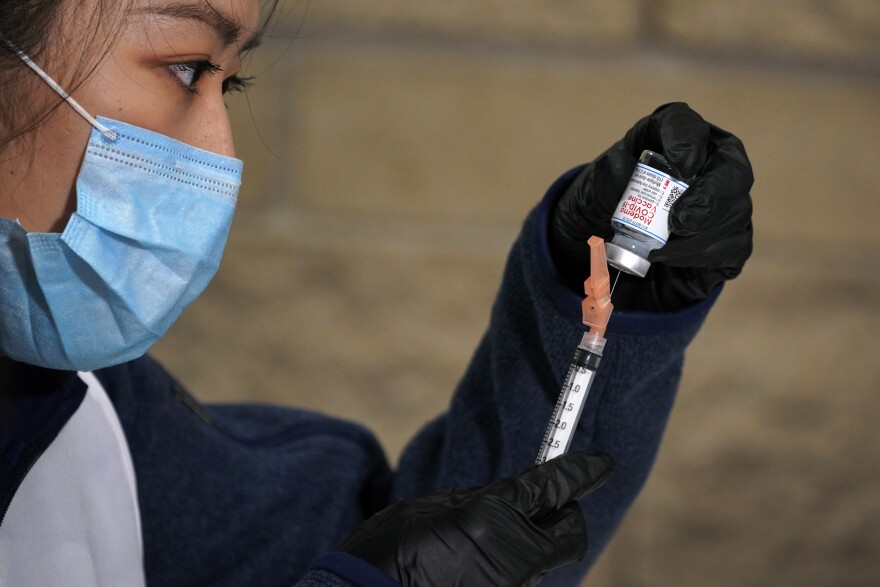Weekly COVID-19 testing for one person can exceed $6,000 in a single year.
Potentially thousands of Allegheny County residents will require this expense if President Joe Biden’s proposed vaccine mandate takes effect. The weekly testing standard will apply to unvaccinated people who work at companies with 100 or more employees.
Who is going to pay for this?
That answer will become clear once the Occupational Safety and Health Administration issues what is known as an "emergency temporary standard" for the mandate. In an ETS from early this summer that centered on health care worker safety, OSHA stipulated that an employer was responsible for paying for any testing required by a company policy.
However, that standard for health care workers was issued in June. In August the Pfizer-BioNTech’s COVID-19 vaccine graduated from emergency use authorization to full approval under the auspices of the Food and Drug Administration.
“There are arguments that say … if they’re not willing to get a fully authorized, now-approved vaccine, then they need to bear the brunt of the cost,” said Tina Batra Hershey from the University of Pittsburgh’s Health Policy Institute.
OSHA might allow individual companies to decide who is responsible for the financial burden of testing, as it is unlikely health insurers will foot the bill.
Western Pennsylvania's largest medical insurer, UPMC Health Plan, said it is waiting for the release of the federal guidance and has “no comment at this time.” UPMC rival Highmark Health did not directly comment on the mandate, but it noted that since the start of the pandemic it has paid for only “medically necessary” tests.
“Work- or school-related testing that is not ordered by a physician or other licensed entity is not covered by Highmark,” the company said in an email.
Another cost associated with Biden’s vaccine mandate is the tracking of weekly test results submitted by employees. This might require the creation and maintenance of some sort of secure portal or database. In contrast, gathering vaccination documentation from employees is a one-time task.
“If OSHA comes in to inspect you, you need to have records to show that you comply with standards,” said Hershey.
Employers might face an OSHA penalty of up to $14,000 for violations.
Some companies that have not mandated the vaccine for employees might be quietly in favor of Biden’s policy, according to the Rand Corporation’s Chris Whaley.
Whaley points out that a sick workforce leads to lower productivity and possibly higher costs for employer-based health insurance. But a tight labor market might have deterred some companies from creating such policies out of a fear that vaccine-hesitant employees would quit and take positions elsewhere.
“The U.S. policy really levels the playing field,” said Whaley.
It’s not known when Biden’s new policy might take effect, though it will likely be at least several months.
The mandate will not apply to state or local public employees. Allegheny County Executive Rich Fitzgerald said he applauds the president's policy, however, and that in the "next couple weeks" he would decide whether to issue a similar mandate for county workers.
“More and more folks who aren’t vaccinated, quite frankly, are going to be isolated from society,” said Fitzgerald, noting that places such as certain theatres and concert venues won’t allow unvaccinated patrons to attend events. Some restaurants have done the same.
According to data from the Centers for Disease Control and Prevention, 83% of Allegheny County adults have gotten at least one vaccine dose, and 67% are fully vaccinated.













